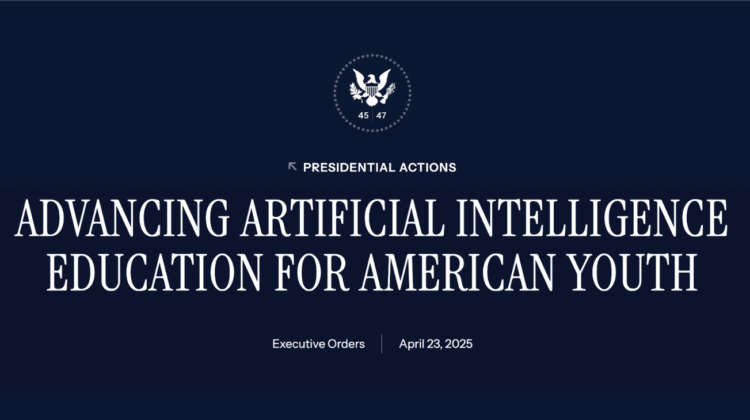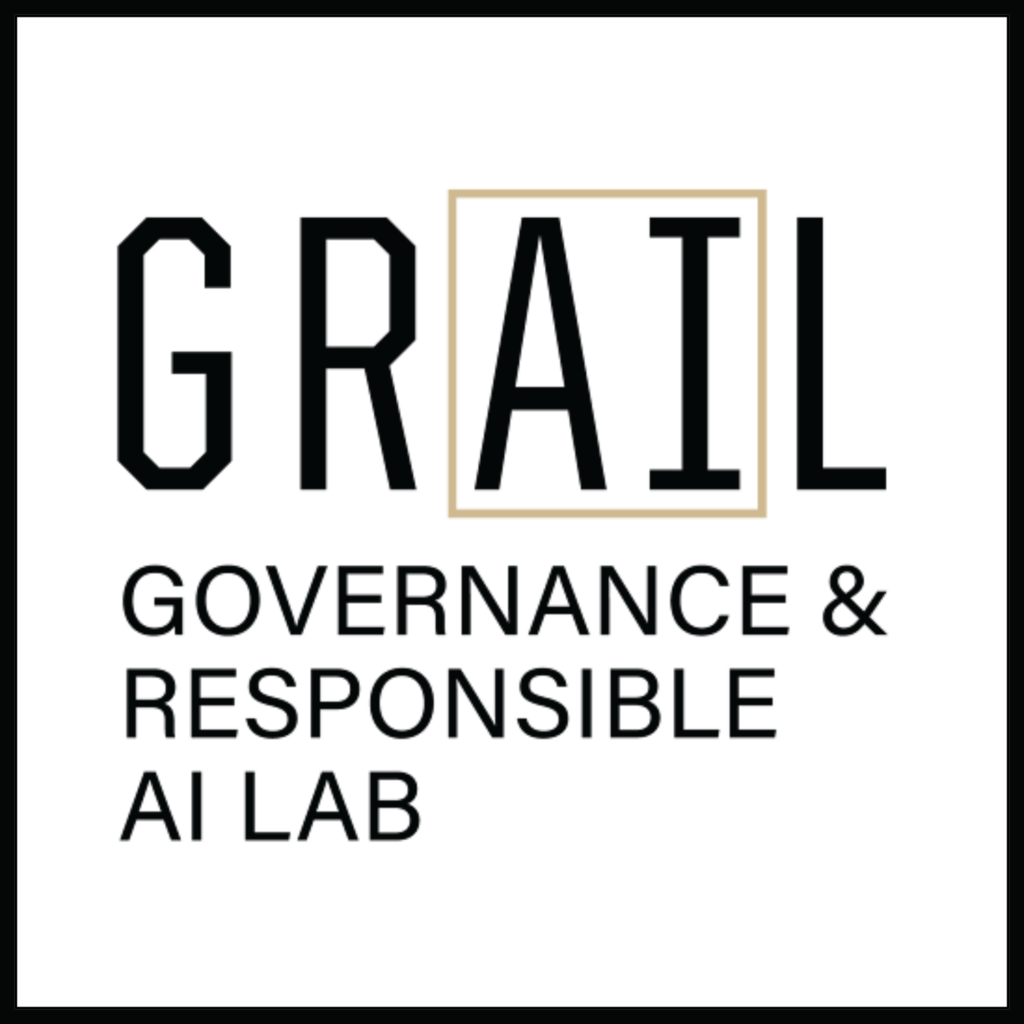

✍️ By Tasneem Ahmed.
Tasneem is an Undergraduate Student in Political Science and a Research Assistant at the Governance and Responsible AI Lab (GRAIL), Purdue University.
📌 Editor’s Note: This article is part of our AI Policy Corner series, a collaboration between the Montreal AI Ethics Institute (MAIEI) and the Governance and Responsible AI Lab (GRAIL) at Purdue University. The series provides concise insights into critical AI policy developments from the local to international levels, helping our readers stay informed about the evolving landscape of AI governance. This piece spotlights the April 23rd Executive Order: Advancing Artificial Intelligence Education for American Youth, which aims to implement and further the use of AI in K-12 Education.
U.S. Executive Order on Advancing AI Education for American Youth
Policies regarding the use and oversight of AI within K-12 education have increased rapidly in the United States, with 26 states (and Puerto Rico) adopting policies related to AI in K-12 education. This change was evident on the federal level when, on April 23, President Trump signed the Executive Order titled “Advancing Artificial Intelligence Education for American Youth.”
This Executive Order employs multiple strategies to establish a framework that promotes the integration of long-term AI usage in K-12 education.
Strategy 1: Artificial Intelligence Education Task Force
The Order requires establishing an AI Education Task Force that involves multiple government agencies, including the Department of Labor, the Department of Education, and the National Science Foundation (NSF). The Task Force has three goals for promoting AI literacy and proficiency in the United States: integrating AI into the educational system, training educators on how to use AI and teach their students about it, and providing students with an early exposure to AI education.
Strategy 2: The Presidential Artificial Intelligence Challenge
The Order necessitates the establishment of the Presidential Artificial Intelligence Challenge. The Challenge is a method for the Task Force to promote AI education and innovation for students. Through this Challenge, students will be able to collaborate with multiple sectors, including government, academia, philanthropy, and industry, to develop solutions to problems within the United States. On August 26th, Melania Trump released a video formally releasing the Challenge, inviting K-12 students to compete in it.
Strategy 3: Resources for Improving Education
To successfully promote AI Education in K-12 schools, the Task Force and its member agencies must foster public-private partnerships with leading AI organizations, academic institutions, and nonprofits to secure resources. This includes identifying grants and instructional resources, implementing research programs, establishing tutoring, and developing college and career preparation initiatives. On July 22nd, the United States Department of Education sent Dear Colleague Letters to utilize federal grants to fund the implementation and use of AI within educational programs. The United States National Science Foundation also sent two Dear Colleague Letters to further research and develop pathways to expand the AI workforce.
Strategy 4: Training Educators on AI
One of the uses for the federal grants outlined in the Dear Colleague Letters is to train teachers in using AI to reduce administrative tasks, improve teacher training, and enhance professional development for educators regarding AI usage in all subjects and foundational computer science courses. The NSF will also ensure that a portion of the funded research will be dedicated to discovering new ways to use AI in education and effective teacher training programs to integrate AI into the classroom. The Secretary of Agriculture will also develop educator training through the 4-H and Cooperative Extension Systems.
Strategy 5: Registered Apprenticeships
One method to expand the AI workforce is to increase the number of AI-related registered apprenticeships. The Order requires the Secretary of Labor and the NSF to utilize funding from the Workforce Innovation and Opportunity Act, as well as partnerships with development boards, organizations, providers, and employers, to promote coursework, certifications, and other potential forms of work-based learning and skill training to educate students.
This Executive Order serves as a starting point, laying the foundation for AI education within the United States by securing grants, researching effective strategies, and promoting innovation in academic settings. The strategies outlined in the Order make it clear that the United States is promoting AI literacy for students and believes in the benefits of the potential careers AI can create for the younger generation.
